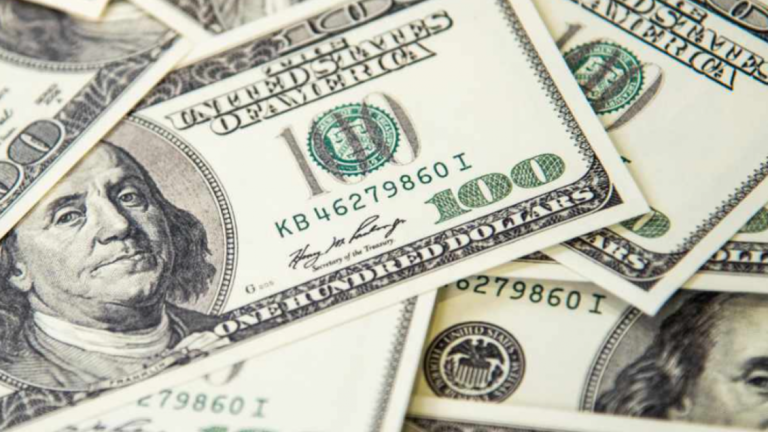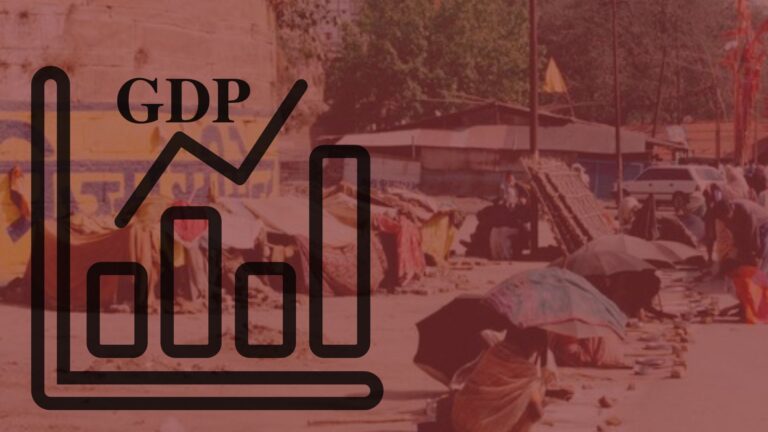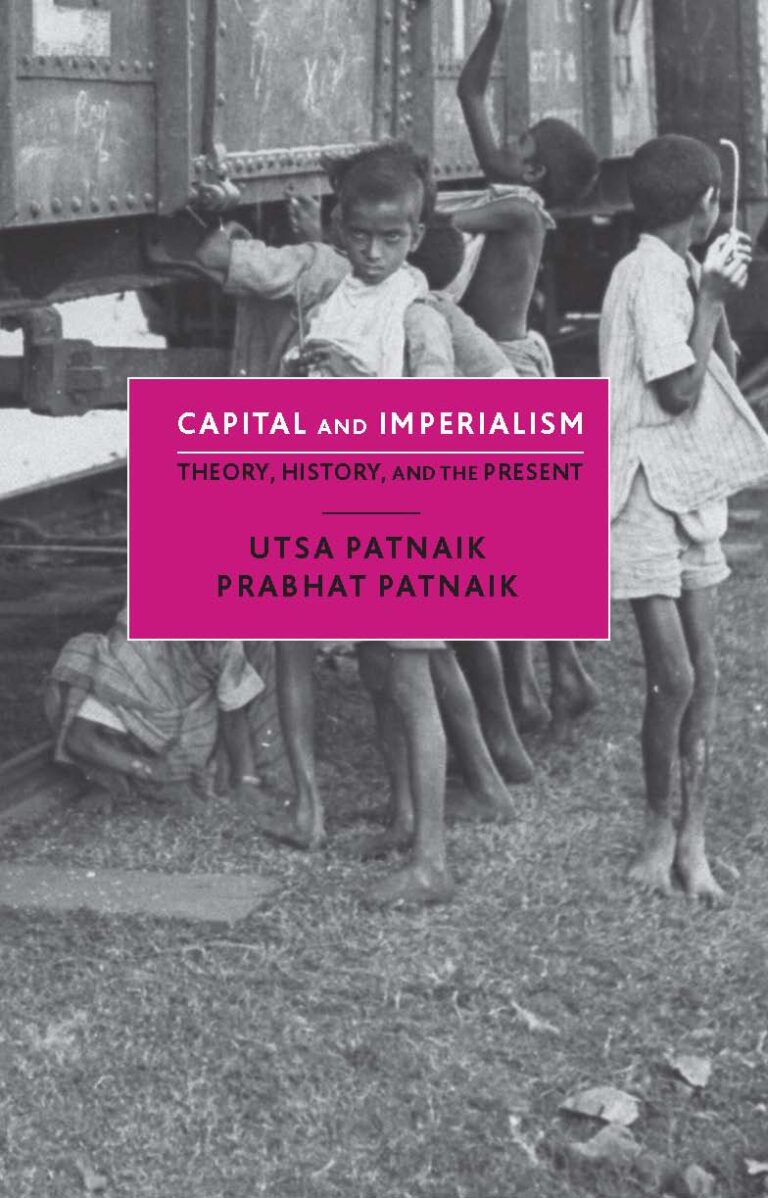Pitfalls of Export-Led Growth
After Sri Lanka and Pakistan, Bangladesh has become the third country in our neighbourhood to become afflicted by a serious economic crisis.
India’s oldest Socialist Weekly!
Editor: Dr. G.G. Parikh | Associate Editor: Neeraj Jain | Managing Editor: Guddi

After Sri Lanka and Pakistan, Bangladesh has become the third country in our neighbourhood to become afflicted by a serious economic crisis.

The estimates of India’s GDP for Q4 2022-23 show a growth rate of 6.1% over Q4 2021-22; for 2022-23 as a whole, the GDP growth rate comes to 7.2%, a shade higher than expected. But this makes not an iota of difference to one’s assessment of the current state of India’s economy.

Raising taxes on the rich, whether through the corporate profit tax or through a wealth tax, should be the obvious way of raising resources to finance government expenditure. But both Biden administration and the Republicans leave out this alternative in the current debate on US debt ceiling.

There is a fundamental difference between the comparatively low growth-rate of the earlier dirigiste period (pre-1990s) and that of the current neoliberal period.

The Modi government’s economic policy has often been termed, rightly, as being utterly callous towards the people, and utterly devoted to serving the interest of “cronies”. But it is “cronyism” sanctified by the idea of building up a (Hindu) “nation”.

The IMF managing director Kristalina Georgieva has now openly admitted that the year 2023 will witness the slowing down of the world economy to a point where as much as one-third of it will see an actual contraction in gross domestic product.

The sharp and apparently intriguing fall in industrial production in October, and feeble post-Covid recovery, points to a deep-rooted malaise in the Indian economy.

There is an important problem with the claim that higher GDP growth itself leads to greater welfare for the people even if the tax-GDP ratio is small. The experience all over the world shows that building a welfare state requires a huge increase in fiscal effort.

Because of the outflow of finance from elsewhere in the world to the US, all major currencies are weakening against the dollar, including the euro and the pound-sterling. This article is about the weakening of third world currencies, of which the rupee is a prime example.

The most intriguing question with regard to Liz Truss’ resignation as the prime minister of Britain after a mere 44 days in office is this: what is it about her economic programme that the “market” (read “finance capital”) found unpalatable?
Janata Weekly is India’s oldest independent socialist weekly.
Ever since its founding in 1946, Janata has voiced its principled dissent against all conduct and practice that is detrimental to the cherished values of nationalism, democracy, secularism and socialism, while upholding the integrity and the ethical norms of healthy journalism. For more than seventy years now, week after week, it has continued to analyse the changes taking place in the country and the world from a socialist standpoint, and thus promote the spread of socialist ideology in the country.
Address: D-15, Ganesh Prasad, Naushir Bharucha Marg, Mumbai- 400007.